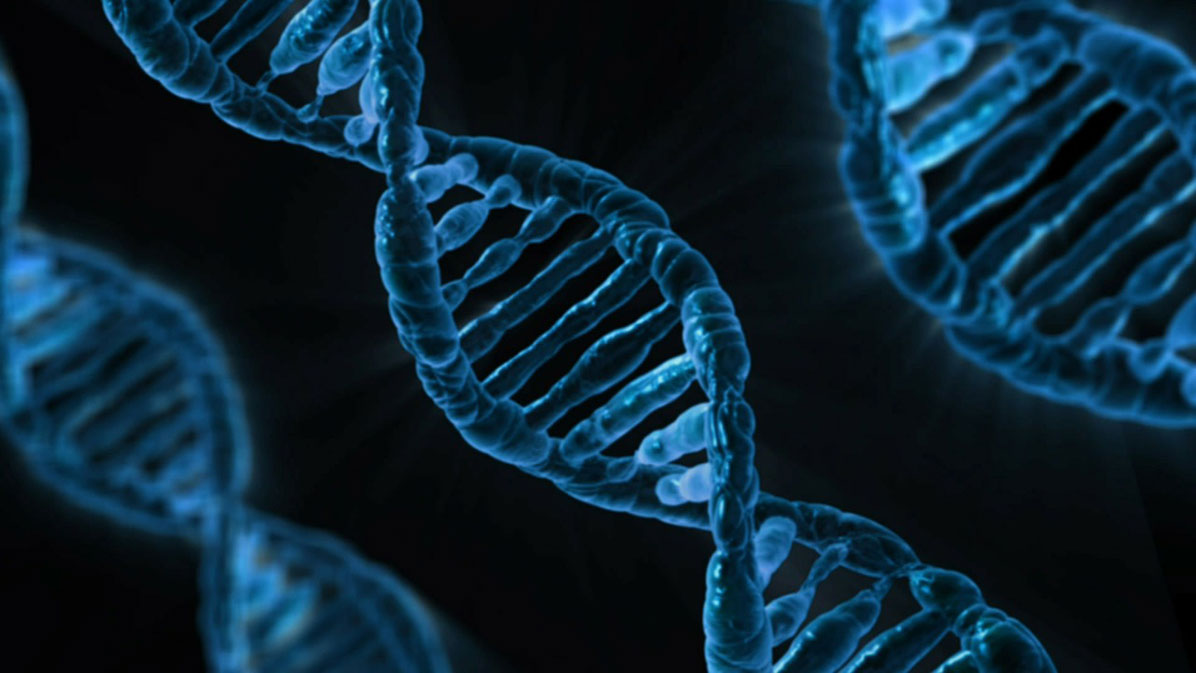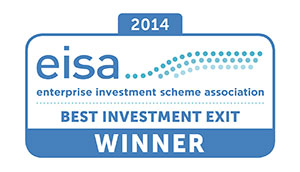|
Parkwalk are delighted to have closed an investment in Xerion Healthcare, a...
|
|
|||||
 |
|
|||||
|
Dear , Xerion is seeking to commercialise Dr Helen Townley’s Research Group’s work into the use of nanoparticles in cancer for therapy, imaging and drug delivery. The small size of nanoparticles means they can passively accumulate in tumours due to the enhanced permeation and retention (EPR) effect, where certain sizes of molecules accumulate more in tumour cells than in normal tissue. The Technology Encapsulation of chemotherapy drugs within nanoparticles enables them to be delivered directly to the site of the tumour, reducing systemic side effects, and enabling a higher effective dose to be reached in the cancerous tissue. Fluorophores and reporter molecules can be added for localisation and assessment of the efficacy of the treatment. In addition, other nanoparticles have been developed that can be used to enhance the effect of conventional radiotherapy. The technology uses rare earth ions doped into titanium dioxide nanoparticles to effectively absorb medical X-rays and convert the energy into free radicals. Free radical generation after X-ray absorption is the basis of conventional radiotherapy. The nanoparticles absorb vastly more X-rays than tissue and their efficient free radical generation results in a much higher incidence of tumour cell death over conventional radiotherapy. Nanoparticles can be administered to the tumour via a number of routes; by direct injection, by IV resulting in an accumulation at the tumour via the EPR mechanism, or by application to the tumour bed after surgical excision. The technology has been demonstrated on human lung xenografts in mice in collaboration with the University of Stanford, CA and further trials on mice are due to start at a second institute in the UK. The Market The total market for cancer treatment in the top seven geographies is expected to reach $90.8billion by 2015 after growing at a CAGR of 9% over the previous seven years [Source: Global data]. A typical successful oncology drug can have sales of over $1bn pa. Nanoparticles are increasingly recognized as an important component of the biomedicine market: The overall anticancer nanomedicine market reached $28billion in 2011 and is expected to reach $46.7 billion by 2016, a CAGR of 10.8% between 2011 and 2016. Management Dr Helen Townley, Founder, is currently a University Research Lecturer at the University of Oxford where she combines the roles William Dodd Research Fellow (Nuffield Department of Obstetrics & Gynaecology) and Senior Visiting Research Fellow (Department of Engineering Science). Dr Townley has a BSc and PhD in Biochemistry from the University of Bristol and has been developing the core technology since December 2007. Dr Gareth Wakefield, co-Founder and CTO, is a BSc and PhD graduate of physics at the University of Bristol, Dr Wakefield has over 15 years of experience in developing nanoparticle technology in University of Oxford spin out companies, Oxonica and Oxford Advanced Surfaces.
|
||
|
|||||
|
||
|
|||||

